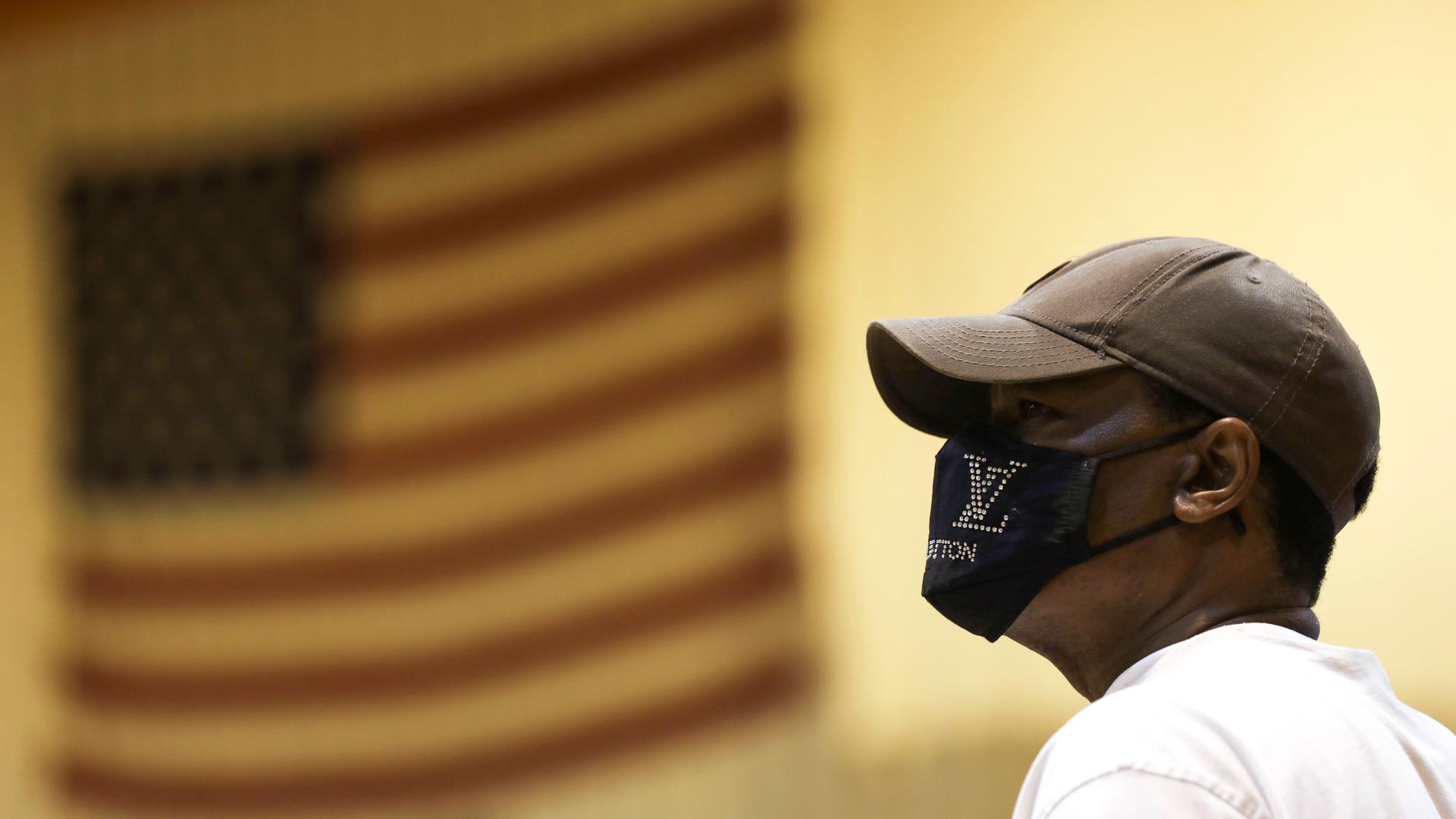The coronavirus pandemic is sure to alter the US election this year – that is, if the election happens on time.
Not only is the American economy being hammered by the Covid-19 pandemic, but individual states are also wondering just when the situation will return to normal.
This debate is the result of warnings being issued by various health authorities who are stressing the fact that the risk will not completely disappear, and that there may very well be a resurgence of the pandemic this coming autumn or winter.
Both Democrats and Republicans have agreed to postpone fifteen state primaries until June at the very earliest. This postponement is giving rise to speculation that the November election may end up delayed. The pandemic has already led to the cancellation of several campaign rallies.
The only certainty is that neither President Trump nor the Democratic candidate Biden favours a postponement. Additionally, besides the presidential election, the November 3 voting will also include the election of all 435 seats in the House of Representatives, along with 33 of the 100 senatorial seats.
If the pandemic continues at its current rate, it is highly likely that the debate on whether it should be postponed will continue to heat up.
A law passed in 1845 specifies that the presidential election must be held every four years and will take place on the Tuesday following the first Monday in November. This year, that date falls on November 3.
Any change to this stipulation must be approved by a majority in both the House and the Senate. Currently, Republicans hold the majority in the Senate, while the Democrats hold a majority in the House. It is a mammoth task to get both parties to agree on any single issue.
Even if the date of the election is changed, the US Constitution stipulates that the term of the election is limited to four years for the president and cabinet. So, the date of the next election notwithstanding, having assumed the office on January 20, 2017, Donald Trump must vacate it no later than January 20, 2021.
What happens if the election is postponed?
If an election is not held before the presidential inauguration, the Presidential Succession Act will come into force. If the president is required to vacate his office, the vice president, in this case, Mike Pence, assumes the post until the next election.
However, because the post of Vice President Mike Pence will also be automatically terminated on January 20, 2021, he will not be legally able to succeed to the presidency.
Next in line for succession is Majority Leader of the House of Representatives. Democrat Nancy Pelosi currently holds this post. However, her term of office legally ends in December, before the termination dates of both Trump and Pence.
Right now, no one knows who will succeed Pelosi, but next in is the 86-year-old Republican Senator Chuck Grassley, the eldest in the Senate today. Right now, the Republicans hold the Senate majority. But if the Democrats manage to wrest control of the Senate in the coming election, the situation will change.
The answer to all of these questions as to who will assume the role of president (even if temporarily) if the election is postponed to a date after January 20, 2021, is dependent on several variables. It means that a political guess is out of the question at the moment.
Might the pandemic affect election dates?
Even though it does not appear that an election can be postponed without a quick decision, it does not change the fact that the pandemic poses a severe risk to the process.
If Trump or state officials utilise the authority potentially granted to them through the declaration of a state of emergency, it may severely restrict the number of voting stations.
For instance, during its recent primary election, the state of Wisconsin closed 175 of its 180 voting stations in its largest city of Milwaukee, using these closures as a means of preventing the further spread of the coronavirus and since there was a shortage of poll volunteers.
If such changes are made to gain political advantages, for instance, by closing the polling stations in those areas that support the opposition party, they will play a determinant role in election results.
According to a recent survey conducted by the Pew Research Center, 66 percent of Americans say that, if the pandemic continues, they would be nervous about voting in person.
Each of the two candidates continues to insist that the 2020 presidential election is vital. So it appears that we will be experiencing a colourful and exciting campaign process, one that we will carry out while abiding by the rules of social distancing.
Author: Ali Cinar
Ali Cinar is a Senior Foreign Policy Expert and a 2019 Ellis Island Medal of Honor Recipient.
Source










Discussion about this post